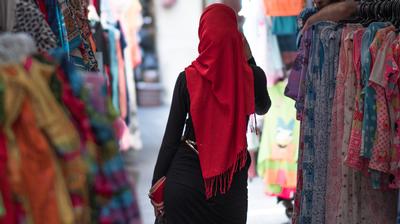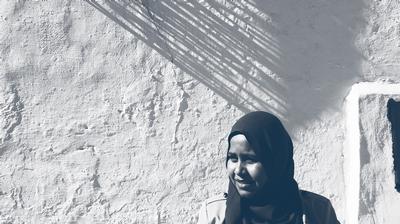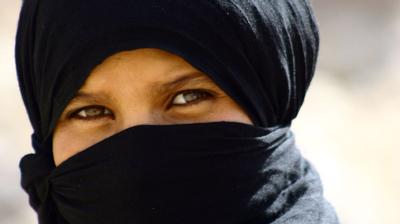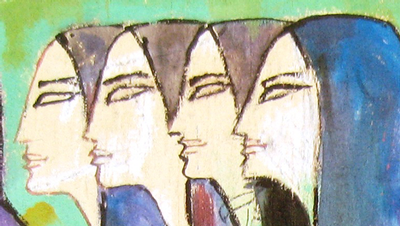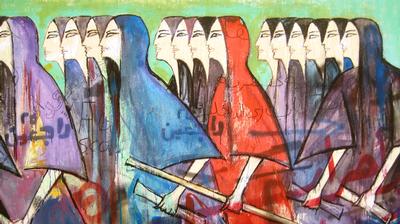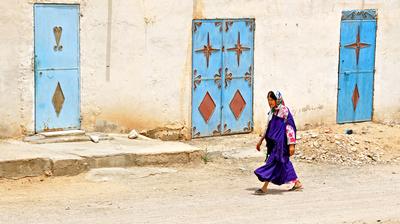Women's Human Rights and Law Reform in the Muslim World
This project seeks to map family and criminal law reforms in the period 1995-2015 in Afghanistan, Iran, Lebanon, Pakistan, Saudi Arabia, Sudan, Tunisia and Yemen. How have women activists in Muslim countries advocated for legal reform in the years since the 1995 Beijing Declaration famously stated that “women’s rights are human rights”? Mapping both advocacy efforts for law reform that have succeeded and failed, the project seeks to explain why some women activists succeed in making their demands into de facto laws while others do not. In addition, the project will trace the implementation of law reforms that women have successfully pushed through, looking at the family law reform in Morocco in 2004 and the criminal law reform in Pakistan in 2006 specifically.
Focusing particularly on reform within the fields of family law and criminal law, the study will target four countries in particular: Sudan, Yemen, Morocco and Pakistan. In Yemen and Morocco, particular focus will be on reform and reform efforts within the field of family law, while for Sudan and Pakistan, the project will trace efforts to reform rape legislation, particularly how it has been intimately entangled with Islamic zina laws.
The project is funded by the Rafto Foundation which is a non-profit and non-partisan organization dedicated to the global promotion of human rights. The project is part of an initiative taken by Shirin Ebadi, Rebiya Kadeer, Malahat Nasibova, and Souhayr Belhassen, and facilitated by the Rafto Foundation to establish a Women’s Network, which is an international network of high-profile and influential women to improve women's human rights and enhance gender equality in Muslim societies. In supporting local activists and civil society organizations with a common platform, the objective of the Women's Network is to help raise the voice of women in Muslim societies, and to address the religious, legal, social, political and cultural mechanisms that prevent women's voices from being heard. Findings from this research project will be used by women activists locally to advocate further law reform.






